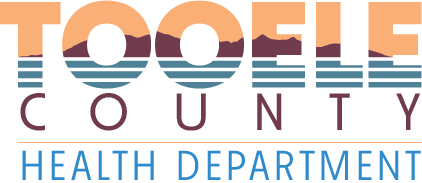84 million Americans have prediabetes, that’s one in three adults! Could you be the “one” in three?
Find out now by taking the prediabetes risk test online https://doihaveprediabetes.org/prediabetes-risk-test.html or for the printable version, click https://doihaveprediabetes.org/pdf/Prediabetes_PrintableRiskTest(English).pdf.
You may be asking yourself what is prediabetes and why is it such a big deal? Prediabetes means a person’s blood glucose (sugar) level is higher than normal, but not high enough yet to be diagnosed with diabetes. People with prediabetes are on the road to develop type 2 diabetes within several years, and are also at an increased risk for serious health problems such as stroke, heart disease, and kidney failure.
You’re at a higher risk for prediabetes and type 2 diabetes if:
- You are overweight.
- You are 45 years of age or older.
- Your parent or sibling has type 2 diabetes.
- You are physically active fewer than 3 times per week.
- You ever gave birth to a baby that weighed more than 9 pounds.
- You ever had diabetes while pregnant (gestational diabetes).
- If you are African American, Hispanic/Latino, American Indian, Pacific Islander, or Asian, you are at particularly high risk for type 2 diabetes.
There aren’t typically any signs of prediabetes, however the good news is that if caught early enough and through lifestyle changes, it is possible to reverse prediabetes. There are some prediabetes risks you can’t control, like age and family history, but there are things you can do to reduce your risk, such as increase physical activity and losing weight. This can also prevent or delay the onset of type 2 diabetes.
If you are prediabetic, you can reduce your risk of developing prediabetes by managing your weight, eating healthier, becoming more active, quitting smoking, and joining a group.
One relatively new group to help people who are prediabetic, is the new National Diabetes Prevention Program. The National Diabetes Prevention Program (DPP) is a lifestyle change program to help people learn ways that can prevent or delay the onset of type 2 diabetes.
A trained lifestyle coach leads the program to help you change certain aspects of your lifestyle, like eating healthier, reducing stress, and getting more physical activity. The program also includes group support from others who share your goals and struggles.
This lifestyle change program is not a fad diet or an exercise class, and it’s not a quick fix. It’s a year-long program focused on long-term changes and lasting results. The program consists of 22-24 one hour classes throughout the course of a year. Each week you will weigh in and learn something new that you can do to help prevent type 2 diabetes.
A year might sound like a long commitment, but learning new habits, gaining new skills, and building confidence takes time. As you begin to eat better and become more active, you’ll notice changes in how you feel, and maybe even in how you look. To qualify to join the program, you must be overweight, 18 or older, have had a blood test (A1C or glucose) confirming you are in the prediabetic range, or have had gestational diabetes.
If you would like more information about the National Diabetes Prevention Program or to sign up for a class, contact Megan Raschke at (435) 277-2375 or megan.raschke@tooeleco.gov
If you’d like to learn more about prediabetes or the National Diabetes Prevention Program, please visit:


